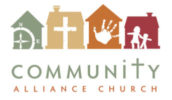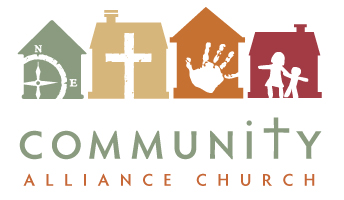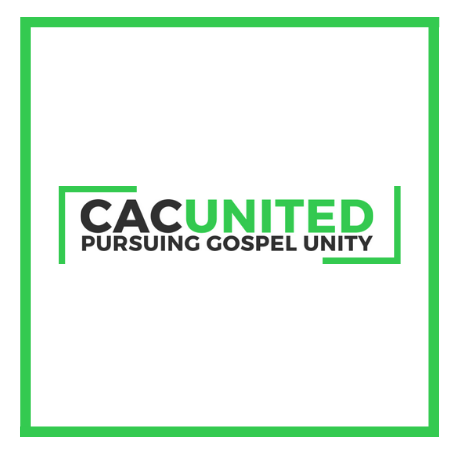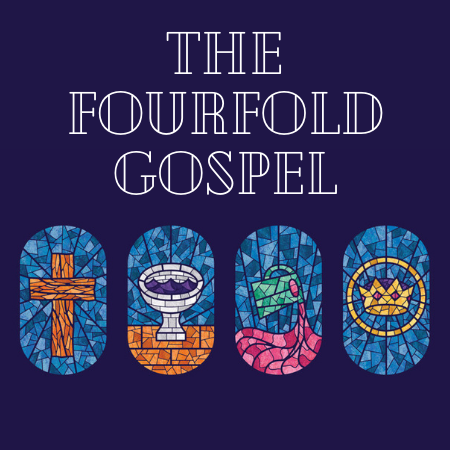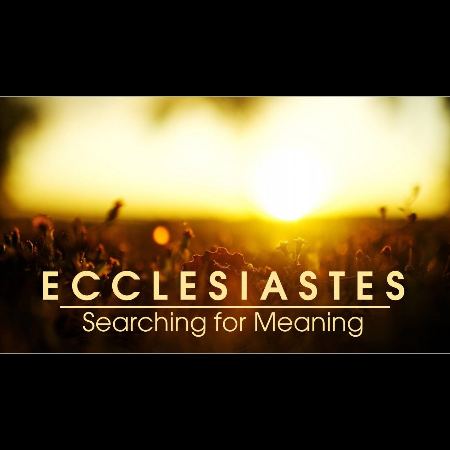We believe excellence honors God and inspires people. In everything we do, we want to always bring our best. We were made as worshippers, so worship God and worship with all that you have. Bring our best to God, not our leftovers.
Sermons on Ecclesiastes
(1 John 1:8;2:1/Romans 3:23-25;5:1/Ecclesiastes 7:20/Isaiah 59:1-2/1 Peter 1:3-4;3:18/2 Corinthians 5:17-18a/Ephesians 2:4-5/John 1:12-13)
(Ecclesiastes 3:10-11/Revelation 22:1-2/Acts 13:32-33/Isaiah 9:6-7/ Romans 15:4; 8:18-21)
As we wrap up the series on Ecclesiastes, we step back to see what Solomon identifies as the big problem in life, and the way that Jesus provides an answer in himself.
This week we examine how the inevitable uncertainties of life are taken care of by the certainty of the Life that is provided in Jesus.
As Solomon sheds light on how inconsistent life often seems to be, we might feel like it is pointless to exercise wisdom at all. But even given the fact that wisdom is not always rewarded in the here and now, Solomon shows us why it is still the best way to live.
One of the most important messages from Ecclesiastes is found in chapter nine. This week we are considering how life is not about what we gain, but it is about recognition of the gifts that we have already received.
One of the consistent messages of Old Testament wisdom literature is that we are not as wise as God, that we do not have the capacity to be as wise as God, that we cannot know all the answers. This week we examine if this message is something that should bring us frustration or comfort.
Thinking about the end of life is something that we spend a lot of time and energy avoiding. In Ecclesiastes chapter seven Solomon tells us that this is something we should consider in order to live wisely, and Jesus takes that one step further in Mark by teaching us that laying down our life for his sake is the way for us to experience eternal life.
As Solomon continues to teach on money, he talks about how not being able to enjoy the blessings of life is a great tragedy of our experience under the sun, and he asks questions that help us to look beyond the sun.
